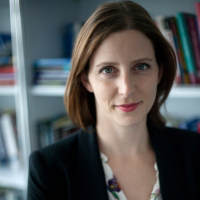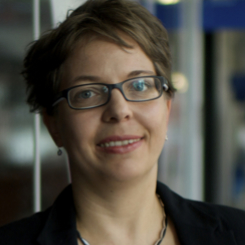Structural inequalities between social classes, men and women, as well as ethnic minority and majority groups do not translate directly into politically relevant and salient conflictive divides. Hence, we need to understand the processes of politicization of inequality, in order to establish a link between inequalities and democratically sustainable policies supposed to address them. Therefore, this sub-project studies how increasing economic inequalities translate into the political sphere in three regards: (i) how structural economic inequalities and political narratives drive changing perceptions of inequalities, as well as changing political group identities among voters; (ii) how these group identities shape political demands in terms of social policy, taxation and education policy; and (iii) how group identities and policy demands affect the electoral sphere in terms of voting behavior.
This high-risk research is innovative because it requires the integration of new types of data in order to disentangle the ways in which political preferences and social norms are shaped by structural conditions (bottom-up), as well as political agency and mobilization (top-down). Most projects to date were unable to address these questions as they relied on empirical data over short time spans. Therefore, we consider combining inductive methods (in particular focus groups) with both observational and experimental public opinion surveys, as well as automated text analysis of political statements/narratives of parties over several years (panels). The long-term focus of the data collection is a major advantage, as it will not only allow us to establish group inequality perceptions and policy demands in a reliable way, but also to study the relative effect of agency and structure on these inequality perceptions. The long-term perspective also makes this subproject particularly suitable for the URPP, which provides a longer funding horizon that most other public research funding schemes.


